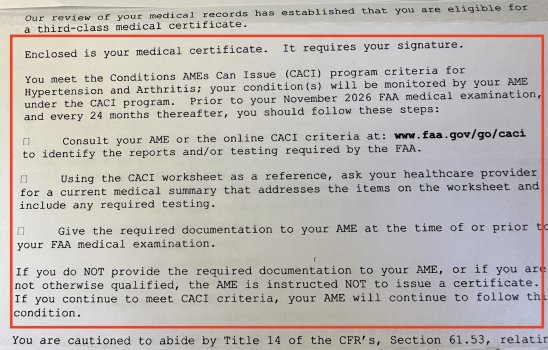Who here enjoys a fun car with manual transmission?
Well my company Nissan offered employees a special lease rate for 2025 Z car, I just got mine yesterday.
Oh, it’s a manual transmission also, yep just cause. First manual I’ve had & driven since mid 1990’s, got into her, still second nature to shift with a clutch.

Upon placing my lease order on the Nissan employee portal, I had initially picked a pretty blue exterior color, was all set to select it, when there were a few white ones.
Instantly it hit me “my very first new car” bought upon working in 1985 at GM tech center 12 mile and Van Dyke Warren MI was this 1986 Chevy IROC-Z Camaro, white.
That’s me September 1985 with it in my parents driveway, 40 years ago.

Full circle, started and ending my 40 year auto engineering career with a white sports car.
Well my company Nissan offered employees a special lease rate for 2025 Z car, I just got mine yesterday.
Oh, it’s a manual transmission also, yep just cause. First manual I’ve had & driven since mid 1990’s, got into her, still second nature to shift with a clutch.

Upon placing my lease order on the Nissan employee portal, I had initially picked a pretty blue exterior color, was all set to select it, when there were a few white ones.
Instantly it hit me “my very first new car” bought upon working in 1985 at GM tech center 12 mile and Van Dyke Warren MI was this 1986 Chevy IROC-Z Camaro, white.
That’s me September 1985 with it in my parents driveway, 40 years ago.

Full circle, started and ending my 40 year auto engineering career with a white sports car.






